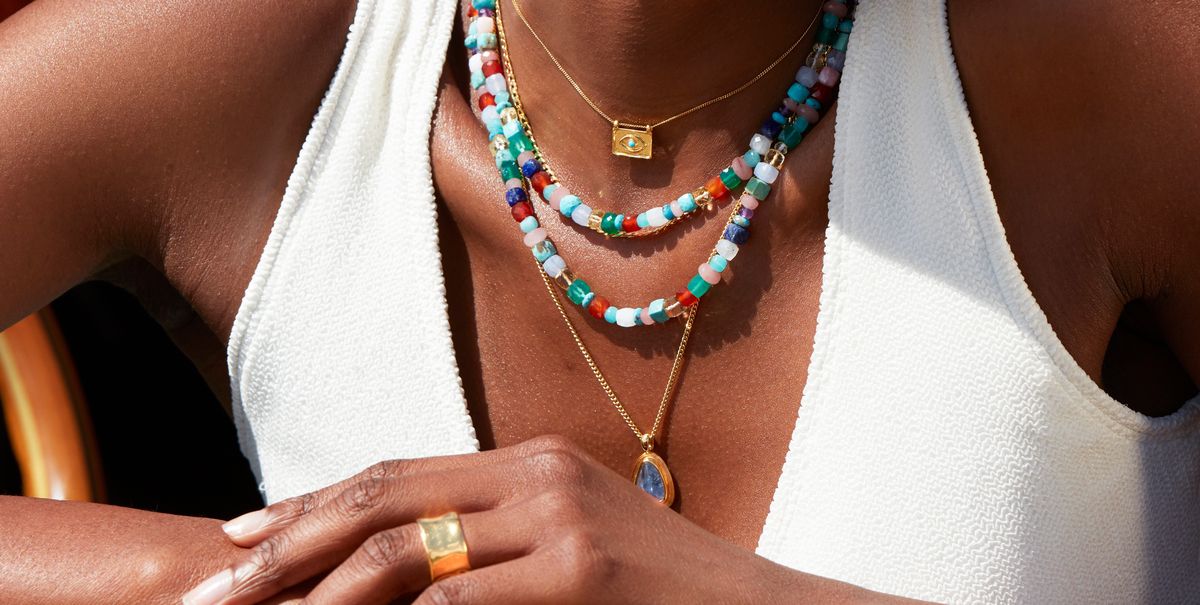In recent years, there has been a growing interest in ethical practices within the fashion industry, including the jewellery sector. The term “ethical jewellery” refers to jewellery that is produced and traded in an environmentally and socially responsible manner. In particular, this involves understanding and implementing fair trade and conflict-free practices throughout the supply chain.
Fair trade practices in jewellery typically involve ensuring that all workers involved in the production process are paid a fair wage and have safe working conditions. This can also extend to ensuring that the materials used in the production of the jewellery are sourced in a sustainable and responsible manner. For example, jewellery made from recycled materials can help prevent the environmental impact of mining for new materials.

Conflict-free practices are also important in ethical jewellery. Many precious metals and gemstones used in jewellery are sourced from conflict zones or areas where human rights abuses occur. Conflict-free practices ensure that these materials are not sourced from such regions and instead come from ethical sources that do not contribute to human rights abuses.
One example of ethical jewellery is the use of Fairtrade gold. This gold is sourced from small-scale mines that meet strict environmental and social standards, ensuring that the miners who produce the gold are paid a fair wage and work in safe conditions. Additionally, the use of recycled gold can also be considered ethical, as it reduces the demand for new mining and the associated environmental impact.

Conflict-free diamonds are another example of ethical jewellery. The Kimberley Process is an international certification scheme that aims to prevent the trade of conflict diamonds. Carrying out due diligence and ensuring that all suppliers adhere to the Kimberley Process can help guarantee that the diamond used in a piece of jewellery is conflict-free.
Overall, ethical jewellery is produced and traded in a manner that minimizes harm to the environment and promotes social responsibility. Consumers can support this movement by choosing to purchase jewellery made from ethical materials or by supporting companies that prioritize ethical practices in their supply chains. By doing so, we can ensure that the jewellery we wear reflects not only our personal style, but also our commitment to ethical and sustainable values.

